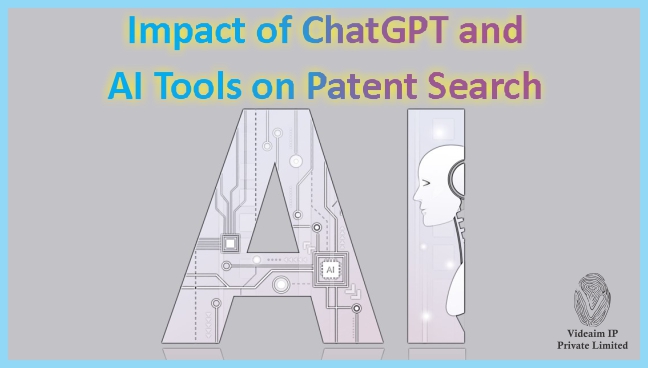
AI tools like ChatGPT have significantly influenced the field of patent search by enhancing efficiency, accuracy, and accessibility. Here’s a breakdown of the effects and successes so far:
1. Improved Search Efficiency
- Automated Searches: AI tools can rapidly scan large databases of patents and related literature. They can identify relevant patents faster than traditional keyword-based searches, reducing the time required for prior art searches.
- Natural Language Processing (NLP): AI can interpret and understand queries in natural language, making it easier for users without specialized knowledge to conduct searches. This can streamline the initial phases of patent research.
2. Enhanced Accuracy and Comprehensiveness
- Contextual Understanding: AI can analyze the context of a query, considering the meaning and intent behind search terms rather than just matching keywords. This reduces false positives and increases the likelihood of finding the most relevant patents.
- Broader Scope: AI tools can search across multiple databases and languages, expanding the reach of patent searches to include more comprehensive global data.
3. Accessibility and Usability
- User-Friendly Interfaces: AI-powered platforms often have intuitive interfaces that allow users, even those without deep technical expertise, to perform complex searches. This democratizes access to patent search tools.
- Custom Recommendations: AI can suggest related patents or refine searches based on user input, making the process more interactive and tailored to specific needs.
4. Cost Reduction for Patent Search
- Lower Costs: By automating much of the search process, AI tools reduce the need for expensive manual searches conducted by experts, making patent searches more affordable for startups and smaller entities.
5. Innovation and Competitive Edge
- Speed to Market: Faster and more accurate patent searches enable companies to innovate more quickly, as they can efficiently identify potential patent conflicts and areas for new patents.
- Enhanced Patent Strategies: AI can help companies develop more effective patent strategies by providing deeper insights into patent landscapes, including emerging trends and potential gaps.
Challenges and Limitations of ChatGPT and AI Tools on Patent Search
- Interpretation of Complex Patents: While AI tools are improving, they may still struggle with understanding highly technical or nuanced patent claims, which require expert interpretation.
- Data Quality: The success of AI-driven patent searches depends heavily on the quality and completeness of the data. Inaccurate or incomplete data can lead to missed prior art or irrelevant results.
- Legal Acceptance: The use of AI in patent searches is still evolving in terms of legal acceptance and standards. Courts and patent offices may require human validation for critical decisions.
Successes So Far
- Adoption by Law Firms and Corporations: Many patent law firms and corporations have adopted AI tools to streamline their patent search processes, reporting increased efficiency and accuracy.
- Positive Feedback: Users have reported that AI tools have helped in identifying prior art that might have been missed through traditional methods, thereby strengthening patent applications and avoiding potential litigation.
- Integration with Patent Offices: Some patent offices are experimenting with AI to assist examiners in searching prior art, potentially speeding up the patent granting process.
Conclusion
AI tools like ChatGPT have made patent searches more efficient, accessible, and accurate. While there are still challenges to overcome, the impact so far has been largely positive, with increasing adoption across industries. As AI continues to evolve, its role in patent searches is likely to grow, offering even more sophisticated tools for innovators and legal professionals.
